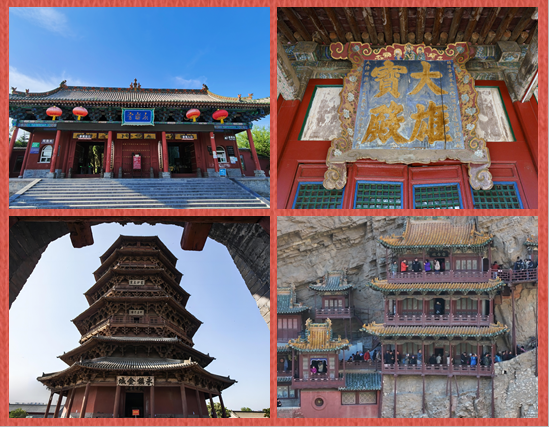Shanxi inspection shows country's commitment to green development
Updated: 2021-04-19
In a move that demonstrates China's resolve to shift to low-carbon development, a central environmental inspection team has lashed out at a city in Shanxi province, a major coal producer, for illegally launching high energy consumption projects.
The team found that construction or upgrading projects of five coking facilities in Jinzhong were conducted after 2019 without passing necessary government procedures, including environmental impact assessments, according to a news release from the Ministry of Ecology and Environment on Friday.
These projects increased annual coking capacity in the city by about 6.92 million metric tons, but they also boosted annual water and coal consumption by 12 million tons and 10 million tons, respectively, the ministry said.
These projects will bring "rigorous risks and challenges" to the environment, it said.
Aside from exploiting underground water, the projects will also sharply increase air and planet-warming pollution, thus posing difficulties to efforts to further improve local air quality and make local carbon dioxide emissions hit peak.
Shanxi was China's top coal producer in 2020 with about 1.1 billion tons, which was almost 27 percent of the country's total, said the National Bureau of Statistics.
This was the second time Shanxi fell under central environmental inspections-a practice launched in 2016 with inspection teams usually led by ministry-level officials. Inspectors report to a central leading group headed by Vice-Premier Han Zheng, who is also a member of the Standing Committee of the Political Bureau of the Communist Party of China Central Committee. The inspection office is based in the Ministry of Ecology and Environment.
Friday's release was made only 10 days after the inspection team led by Wu Xinxiong, former head of the National Energy Administration, and Lin Shanqing, deputy head of the administration, arrived in Shanxi.
In a meeting with Shanxi officials on April 7, Wu stressed the central government's unswerving resolve to promote green transformation. He said President Xi Jinping has repeatedly emphasized the importance of adhering to green development and has announced that China aims to have its carbon dioxide emissions peak by 2030 and achieve carbon neutrality by 2060.
This fully demonstrates the central authorities' "strategic focus to stick to a new development philosophy and resolute determination to promote ecological civilization", he added.
In addition to Shanxi, inspectors on Friday also exposed problems in seven other provincial-level regions, including Liaoning, Anhui and Jiangxi provinces, mainly concerning wastewater treatment and industrial pollution.



